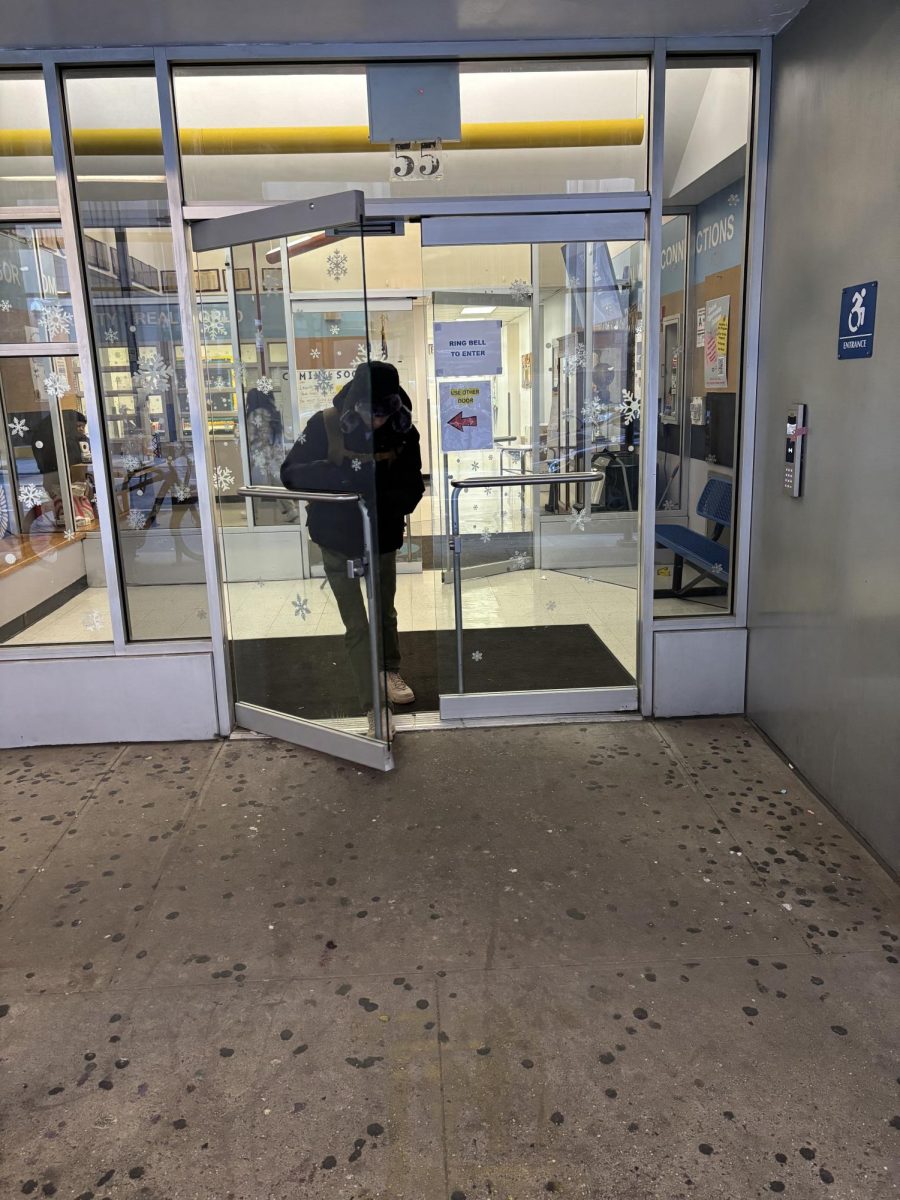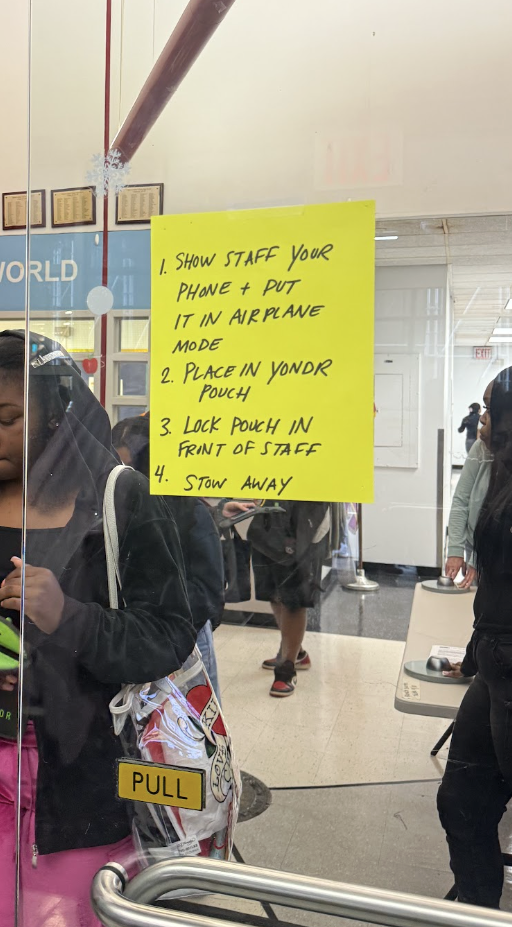It is common to get a “scam likely” phone call or emails talking about your car insurance or an undelivered package. Many people are able to spot these scams and can avoid giving out their personal information. However, other scams can be harder to spot, especially when they try to target individuals who may not understand certain systems. Immigration scams have been happening for years and now more than ever it is important to be able to spot these scams to ensure the safety of immigrants in America.
So what can we do about them? The key is to stay aware and know what they are and how they look. Along with some independent research done, professionals Luis Morales, the Chief of the Immigrant Affairs Unit, and Emely Salazar Perez, the Program Coordinator at the Manhattan District Attorney’s Office provided expert opinions on how to stay safe from scams.
Common forms of communication scammers will use could be emails, phone calls or text and now more than ever, social media. “Social media is the most fertile for scammers usually,” said Morales.
Morales explained how people can post fake legal services online that can attract vulnerable people who want help or people can post about their immigration status and that will get scammers to be in the comments saying that they are a lawyer who can help.
10-Year Visa Fraud
The 10-Year Visa is when certain immigration attorneys tell immigrants that if they have lived in the United States for at least 10 years, they would be eligible to get a green card or a visa. However, this is actually an illegitimate asylum application and helps to initiate deportation proceedings. Even if one tries to cancel the asylum application, there is still a high possibility that they can get deported from the judge’s opinion.
Illegitimate Immigration Lawyers and Government Workers
Some scams might appear to be a person trying to contact you posing as an immigration lawyer or a legal advisor. These types of people will only act like they provide these services in order to get money out of you.
Other scams might be people posing to be workers for ICE or other agencies such as USCIS, HSI or CBP, all relating to immigration. These usually take form through online calls such as whatsapp, where they will have a set up or outfit that even though looks official and professional is not a legitimate job as a government worker.
For these types of scam it is important to check the license of these individuals as well as names and official offices before providing them any personal information. “The first thing we do is encourage people to look up the person,” said Perez. “Sometimes googling these names will bring you other people’s complaints and experiences,” she said.
If they request money from you don’t make any payments unless it is online through USCIS.gov or a check made to the Department of Homeland Security (DHS), other forms of payments are not accepted by them.
Morales said “we advise people to not use cash” because it would be a lot harder to prove that the money went to the scammer. “Getting receipts or paying with checks or a card we can figure out where that money went.”
Also, be aware of the websites you use to get help with immigration. Many scammers create fake websites that might look legitimate but in reality they do nothing to help with the immigration process. Websites ending in .GOV are official federal government websites, and these are the types of websites you want to seek out information from.
Diversity Lottery Scams
There is the Diversity Visa Program that is managed by the U.S. Department of State, allowing for people to apply to the program once a year for free and selecting winners randomly for a visa if they meet all the eligibility requirements under U.S. law.
However, scammers have been trying to use this program in order to get money out of people. They will try to charge them money in order to apply for this program in order to get a special advantage.
Job Offer Scams
Some scammers might try to contact you by proposing fake job offers and will require you to pay some fee in order to “work” there. These types of jobs are not real and any real job offer will never ask you to pay a fee up front for starting a position at the workplace.
Text Message Scams
Chain messages are text messages one gets that encourages the receiver to share the exact same message to a certain number of other people in order for an event to happen/not happen. An example of a chain message might be, “Tomorrow something you have been wanting will come to you if you share this message to at least 10 people. If you don’t, you’ll have bad luck forever.”
These text messages are never true and if you don’t do anything, nothing bad will happen to you. This is a method scammers use because by sharing the message to the certain number of people stated, it shares with them personal data and contact information of each sender. Doing nothing will be more beneficial for you than acting on that message.
Resources to reference for help and more information:
1. Pro Se Legal Clinics
If you need to represent yourself in court but don’t have a bunch of knowledge on what to do, Pro Se Legal Clinics can be helpful. Pro Se Legal Clinics provided free legal assistance to individuals who are representing themselves in court. They also provide workshops and trainings on certain law topics and can connect you to pro bono attorneys or other legal aid organizations that can help assist you with your case.
These clinics are split into the Southern District of New York and the Eastern District of New York.
2. U.S. Citizenship and Immigration Services
The U.S. Citizenship and Immigration Services website provides information about various other immigration scams and also how to report them.
3. Asylum Seeker Advocacy Project (ASAP)
ASAP is a website that has many resources including help to find a free or low cost immigration lawyer.
4. Manhattan District Attorney Website
The Manhattan District Attorney website provides lots of resources and a hotline you can call if you suspect the services you are getting is a scam. You can also report these scams, regardless of your immigration status.
Perez said that when someone reports a scam, “we usually ask if they were conducting those conversations online” and if the person had any documentation the lawyers gave them, pictures of the conversations online and even if they met them in person or online.













